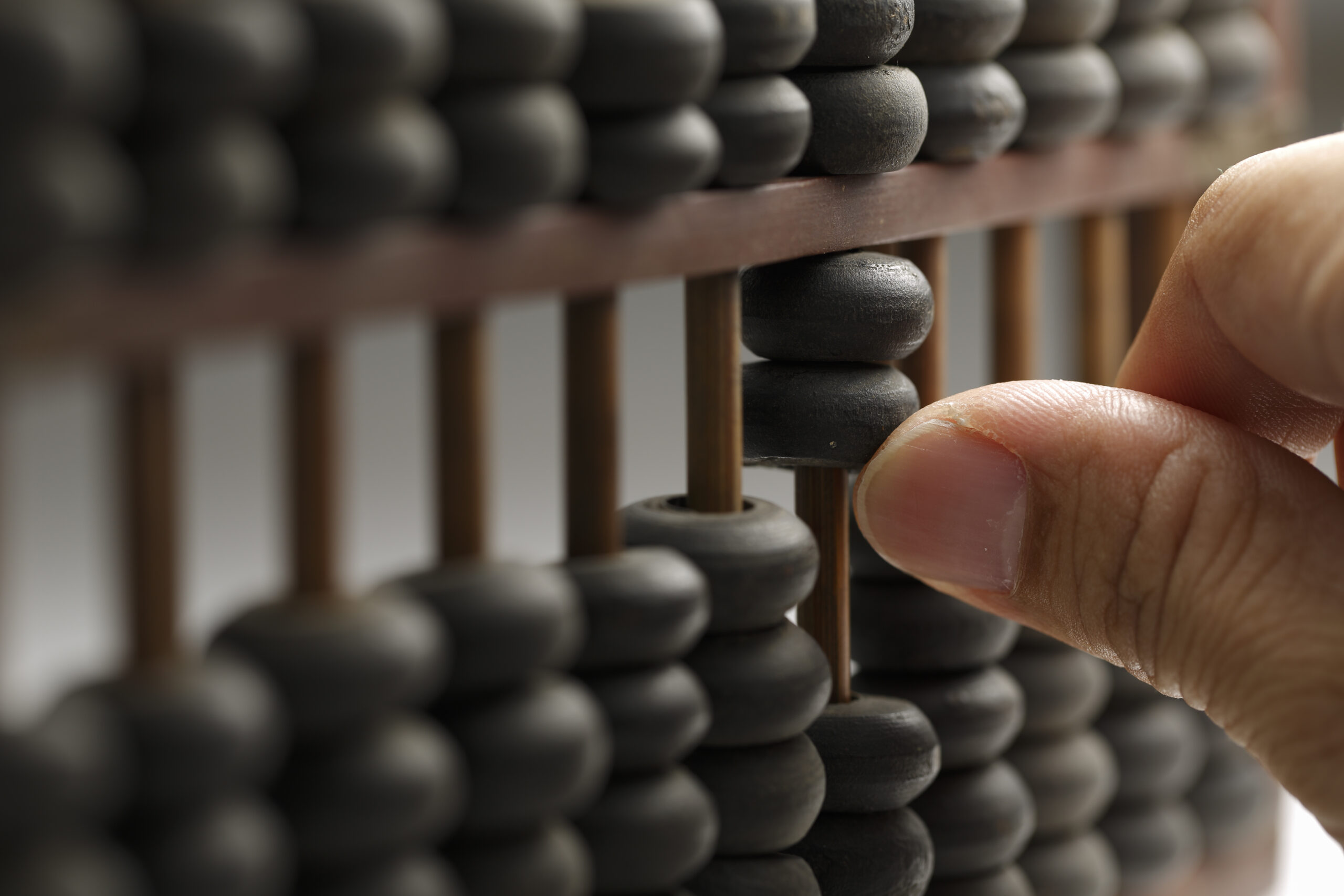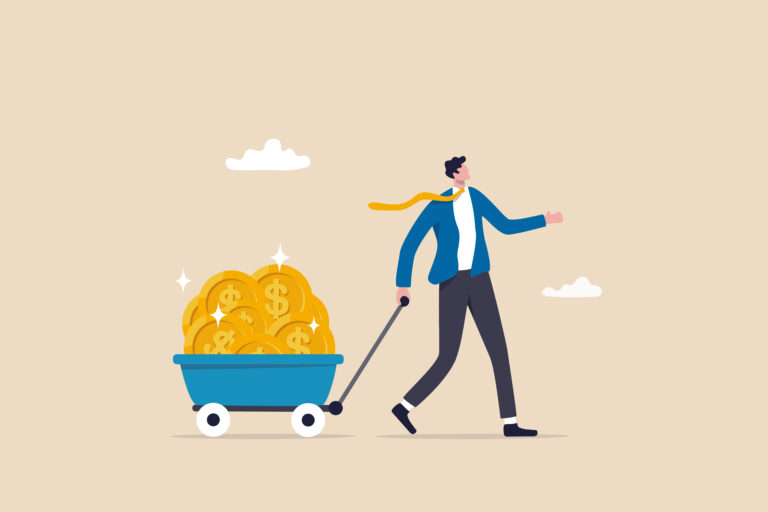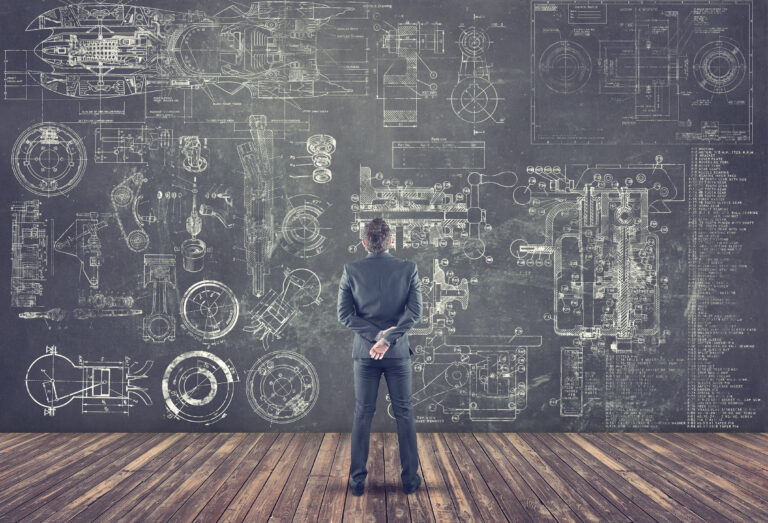The last time I held an abacus was in grade school. I picked it up, tilted it to one side, and watched gravity move the balls together. Then I waited for something more to happen. When it didn’t, I shrugged at the pointless adult object.
That my eight-year-old self did not appreciate the abacus is unsurprising. What child would? Unfortunately, some studies suggest I’d be better at math today had I trained with it.
President of the Sante Fe Institute and William H. Miller Professor of Complex Systems, David Krakauer refers to tools like the abacus, which enhance some aspect of our cognition, as cognitively complimentary. Use the abacus regularly and your math skills without any tool should improve. In comparison, instruments that erode skill over time are cognitively competitive. For example, chronic calculator use may weaken one’s ability to perform basic math.
Awareness of this distinction is important. We live in a world of constant innovation, where new products are launched every day that promise to make our lives faster, easier, more convenient. But easier is not always better. We may weaken ourselves when we chronically pick easy. The question is:
When is harder what we want?
You can’t handle the weight
Three years ago, I went home for Christmas to visit my family in small-town Ontario, Canada. After some research, I found exactly one gym within forty minutes of driving from our lake house: a cute establishment with purple branding splattered across brick walls.
I was elated to find it… until I walked inside. Then, I realized they’d done away with free weights of any kind. There were no squat racks, no Olympic bars… nothing that wasn’t attached to a machine! This gym did not even have dumbbells.
Why was this so confusing? Because gyms are in the business of helping people get fit. Many of the most effective strength lifts are free weight exercises, which are so effective because the athlete must guide the weight through a range of motion themselves. This requires more stabilization and coordination, which produces many desirable physiological adaptations. Guided machines? They are like using calculators to perform single-digit multiplication.
Evidently, someone up the corporate ladder had decided their athletes did not require the old tech. But in replacing it for the newer machines, this gym was almost certainly reducing the benefits it could offer clients. And why? Because someone thought easier meant better.
Stress-benefiting systems
So, when is harder what we want? When long-term outcomes rely on regular exposure to stress. In other words when the system is stress benefiting. Then, we need regular dosing of stress to keep the health of the system in check.
Some systems have no stress needs. For example, there seems to be no upside to doing the laundry by hand versus throwing one’s dirty garments into the washing machine. But other systems require regular pressure. The human body is a good case in point: we need regular doses of physical stress to stay healthy. In particular, strength training, zone-2 aerobic training and mobility work appear beneficial to long-term health outcomes.
There are two questions we can ask when faced with the choice between easy and hard:
- Is the underlying system here stress benefiting?
- If I were to make this choice over and over again, would I get stronger or weaker?
Sometimes easier really is better. Other times, not so much.






